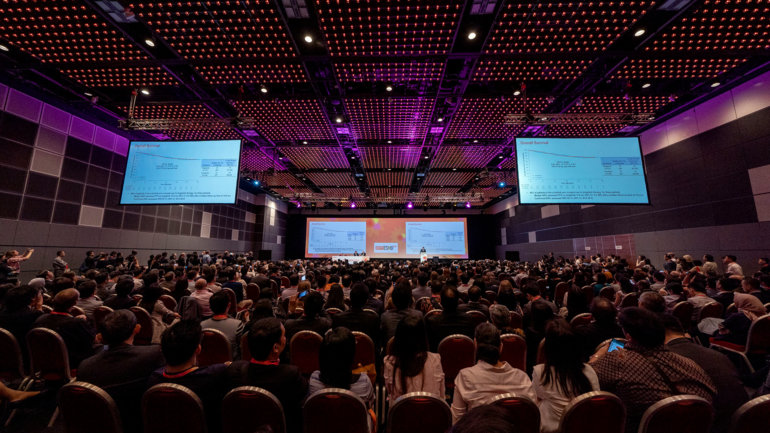
Results suggest the efficacy of trastuzumab deruxtecan is influenced by the spatial distribution of HER2 in breast tumour cells
A translational analysis of the DAISY trial improves knowledge on the mechanisms of action of the antibody–drug conjugate

A translational analysis of the DAISY trial improves knowledge on the mechanisms of action of the antibody–drug conjugate

In the SASCIA trial, sacituzumab govitecan was associated with a higher incidence of adverse events and dose delays than treatment of physician’s choice in patients with HER2-negative breast cancer at high risk of relapse, but dose reductions occurred with a similar frequency in both arms

Results from the VIOLETTE trial also suggest that mutation status may influence response to each agent

Two studies hint at a lack of effect of palbociclib on ovarian function and demonstrate similar reduced recurrence with abemaciclib regardless of menopausal status

In neighbouring countries, oncologists are seeing a growing number of female refugees with breast cancer whose treatment may have started before they left Ukraine and urgently needs to be continued for good outcomes to be achieved.

Two studies show that quality of life was maintained or improved with new treatments for advanced breast cancer

Will widespread screening for breast cancer based on individual risk mean the end of the one-size-fits-all standard mammogram?

Gene-expression assays have produced a huge step forward in identifying patients who are likely to benefit from adjuvant chemotherapy but there is still a long way to go in the more specific targeting of treatment

In her Keynote Lecture at ESMO Breast Cancer 2022, Prof. Sibylle Loibl looks at neoadjuvant therapy and the fertility and pregnancy issues facing young women with breast cancer

The value of genomic testing is being increasingly demonstrated and will evolve over time
This site uses cookies. Some of these cookies are essential, while others help us improve your experience by providing insights into how the site is being used.
For more detailed information on the cookies we use, please check our Privacy Policy.
Necessary cookies enable core functionality. The website cannot function properly without these cookies, and you can only disable them by changing your browser preferences.